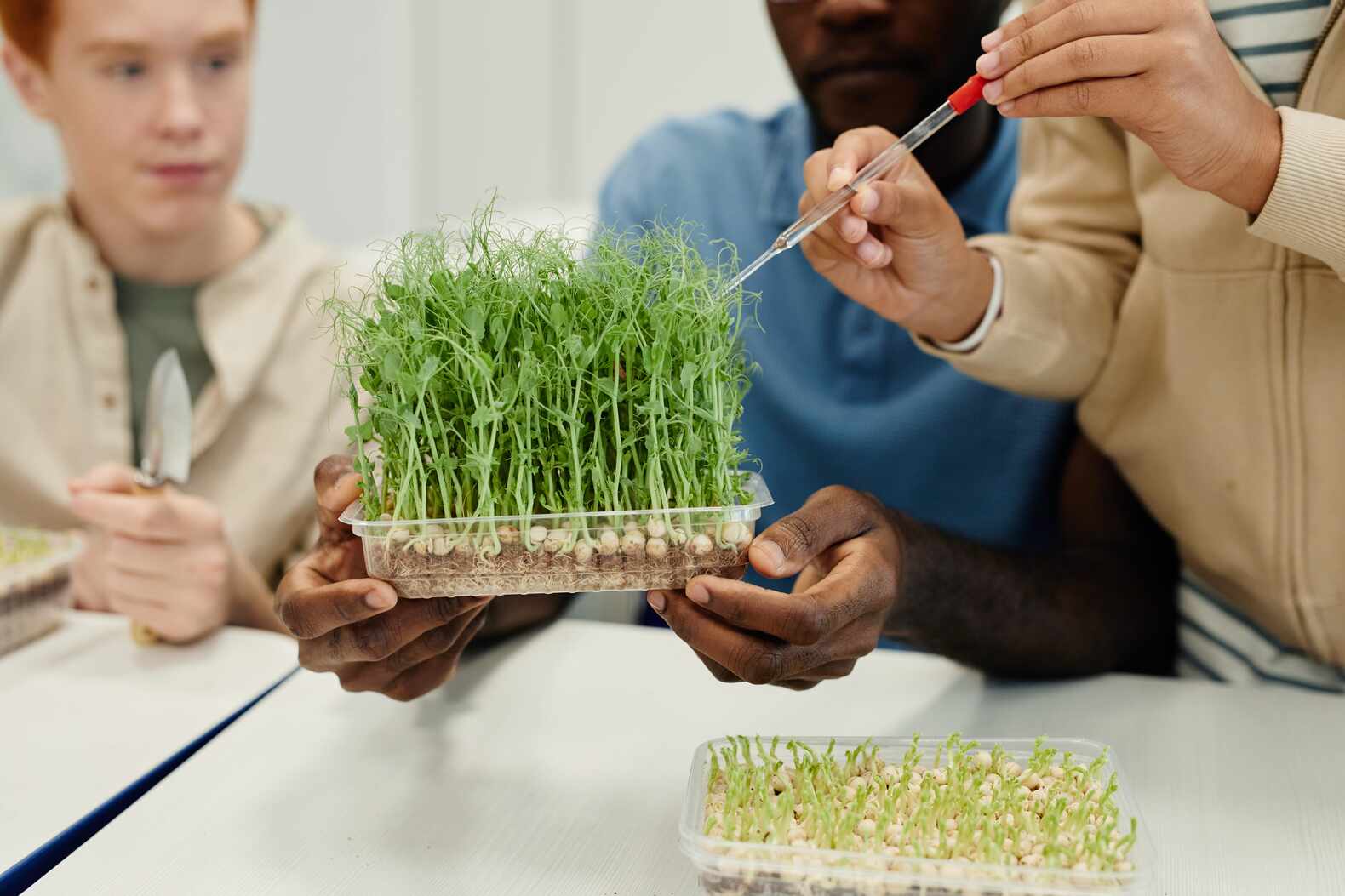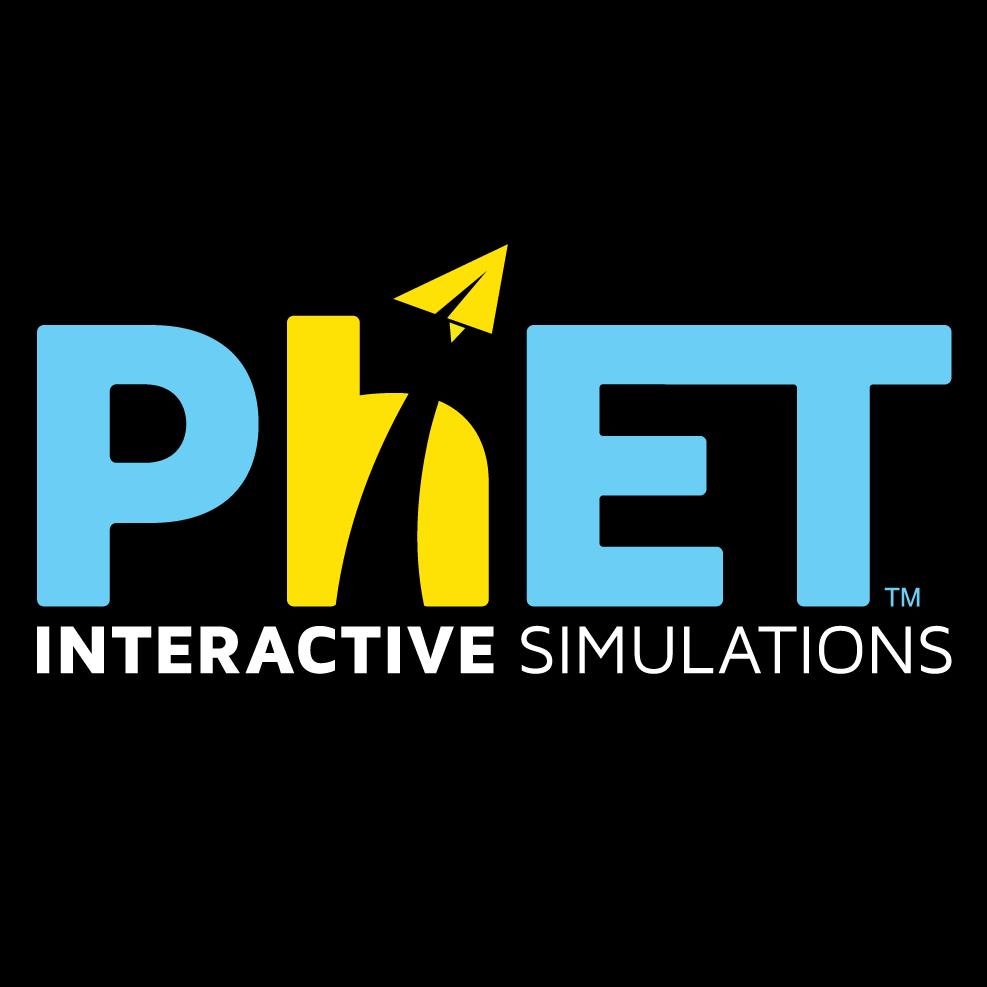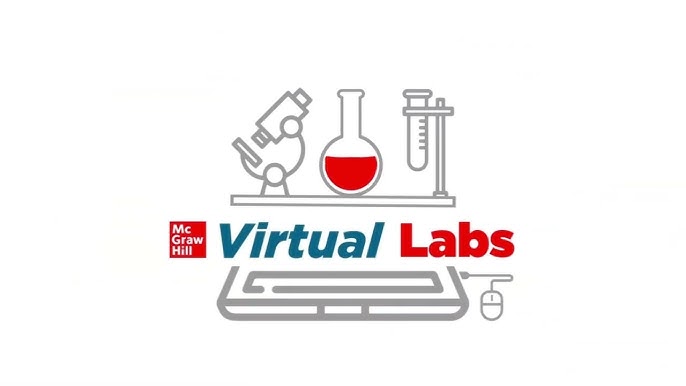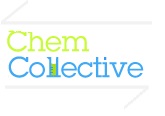Online High School Science Curriculum
High school science helps students learn more about the world around them and apply their knowledge in everyday life. It also gives students the opportunity to explore new career paths in medicine, botany, chemistry, meteorology, and more!
Even if your child doesn’t pursue a STEM career, they can still benefit greatly from a good science education. In science class, students learn to think critically, solve problems logically, and have confidence when facing uncertainty. Science helps students pursue truth by teaching them how to test their theories and communicate their findings.
What do students learn in high school science?
High school science covers multiple different subjects, from life science to chemistry and physics. Students will build their scientific knowledge, analytical skills, and communication skills as they experiment to test hypotheses.
High school course requirements differ by state, so be sure to check your local laws first. Generally, requirements include life sciences, such as biology, anatomy, or health, and physical sciences, such as chemistry, astronomy, and physics.
Some states also require lab credits. Lab opportunities and experiments are included in every MiaPrep course to promote hands-on learning and allow students to apply what they’ve learned to the real world.
Astronomy (Middle School)
Suggested Grade: 7th
Students will learn about Earth and space, including the conditions, properties, and motion of bodies in space. They will also study Earth’s relationships with the sun, moon, and other celestial bodies.
Some key topics in this course include:
- The scientific method
- The movements of Earth and its moon
- The laws of planetary motion and gravity
- The sun and the planets of its solar system
- Structures beyond our solar system, like nebulas, black holes, and more
- The Space Race, current space exploration, and new discoveries
Life Science (Middle School)
Suggested Grades: 7th-8th
In this course, students will learn about the various systems and building blocks of living things. Students will learn the parts of cells, body systems, DNA, and more to prepare them for Integrated Physics and Chemistry in high school.
Some key topics in this course include:
- What biology is and how to think like a biologist
- Cell theory, parts of a cell, and types of cells
- Cellular processes, such as transport, metabolism, and the cell cycle
- Structure of DNA, protein synthesis, gene expression, and meiosis
- Natural selection and taxonomies of different types of living organisms
- The structure and function of our body systems
- Ecology, including biotic and abiotic factors, ecological interactions, and sustainability
Integrated Physics & Chemistry
Suggested Grade: 9th
This course teaches fundamental principles from Chemistry and Physics. In some states, this course is referred to as Physical Science and is required for graduation. Students will delve into matter’s properties, chemical bonding, and reactions. Additionally, they will examine the laws that govern matter’s behavior in the universe, including motion, forces, and energy.
Some key topics in this course include:
- The metric system, mass, volume, and density
- Atoms, elements, and the periodic table
- States and properties of matter
- Atomic bonding
- Chemical reactions and balancing equations
- Acids, bases, and solutions
- Speed, velocity, acceleration, and types of energy
- Forces, friction, and Newton’s laws
- Fluids, pressure, and buoyancy
- Forms, sources, and transformations of energy
- Electricity and magnetism
- Introduction to particle, nuclear, and quantum physics
Biology
Suggested Grades: 9th-10th
In our biology course, students start small, learning about the macromolecules that make life possible. By the end of the course, students will be familiar with the taxonomy of the animal kingdom and the relationships within it. Students will learn about cellular structure, inheritance, energy in ecosystems, evolution, and biotic relationships.
Some key topics in this course include:
- The five themes of biology and the scientific method
- The chemistry of life: lipids, carbohydrates, and proteins
- Cell structure, function, and processes
- Chromosomes, meiosis, genetics, and heredity
- Darwin’s voyage, evolution, speciation, and taxonomy
- Biological diversity in plants and the animal kingdom
- The human body and its systems
- Ecology and symbiotic relationships
Chemistry
Suggested Grades: 10th-11th
This course contains more in-depth information than the foundational topics in Integrated Physics & Chemistry. Students explore the universe at an atomic level, covering topics such as atomic structure, the periodic table, nuclear fusion and fission, decay processes, bonding, stoichiometry, and more.
Some key topics in this course include:
- Atomic structure and the periodic table
- Isotopes and nuclear reactions
- Molecules and bonding
- Chemical reactions and moles
- Solutions and density
- Thermochemistry
- Chemical equilibrium
- Acids and bases
- Reaction rates
- The properties of gasses and the Ideal Gas Law
Physics
Suggested Grades: 11th-12th
Our Physics course goes beyond the basics in Integrated Physics & Chemistry, exploring advanced concepts in greater detail. Students will learn about forces, energy, waves, electricity, magnetism, and more. This course also requires students to apply their math knowledge to solve complex formulas. Through simulations and hands-on experiments, students learn about physics in depth while utilizing the scientific method and practicing problem solving skills.
Some key topics in this course include:
- Algebra review for physics
- Acceleration, forces, and Newton’s laws
- Kinematics in one and two dimensions
- Collision and momentum
- Kepler’s and Newton’s laws of gravitation
- Energy and thermal physics
- Waves, sound, and light
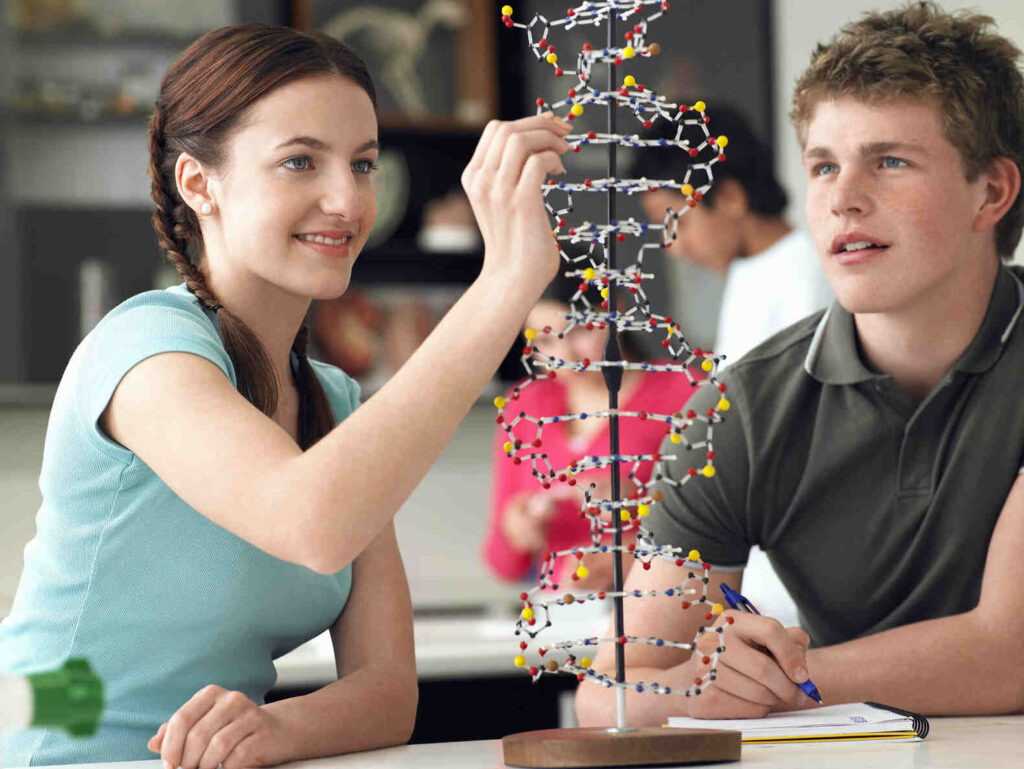
MiaPrep’s High School Science Curriculum for Homeschool
Whether you homeschool full time or are looking for after-school enrichment, MiaPrep has something for every learner! We design our high school science curriculum to be engaging, effective, and accessible for the best learning experience possible. Our courses are all based around the Universal Design for Learning, so your child can have a customizable learning experience without sacrificing quality.
Our homeschool high school science curriculum is constantly expanding, with monthly content releases. Our curriculum writers are real teachers dedicated to helping your student go above and beyond state and federal learning standards and prepare for their path after K-12. In our online high school science courses, students enjoy engaging videos, fun activities, games, labs, and more! With our accredited curriculum, you can feel confident that your child’s education is in good hands.
Additional High School Science Resources
If you’re curious how MiaPrep’s homeschool science curriculum can work for you, feel free to chat with one of our helpful customer service representatives! They’ll be happy to help you with any questions you may have.
FAQ
Does MiaPrep’s science curriculum for high school include labs or experiments?
Yes! MiaPrep helps you satisfy your lab time requirements with hands-on experiments and simulations in every course.
What science do you learn in high school?
High school science course requirements are different in each state. Some examples of common high school science classes are:
- Astronomy
- Anatomy
- Life science
- Biology
- Chemistry
- Physics
- Earth science
- Forensic science
Published 03/27/2024
